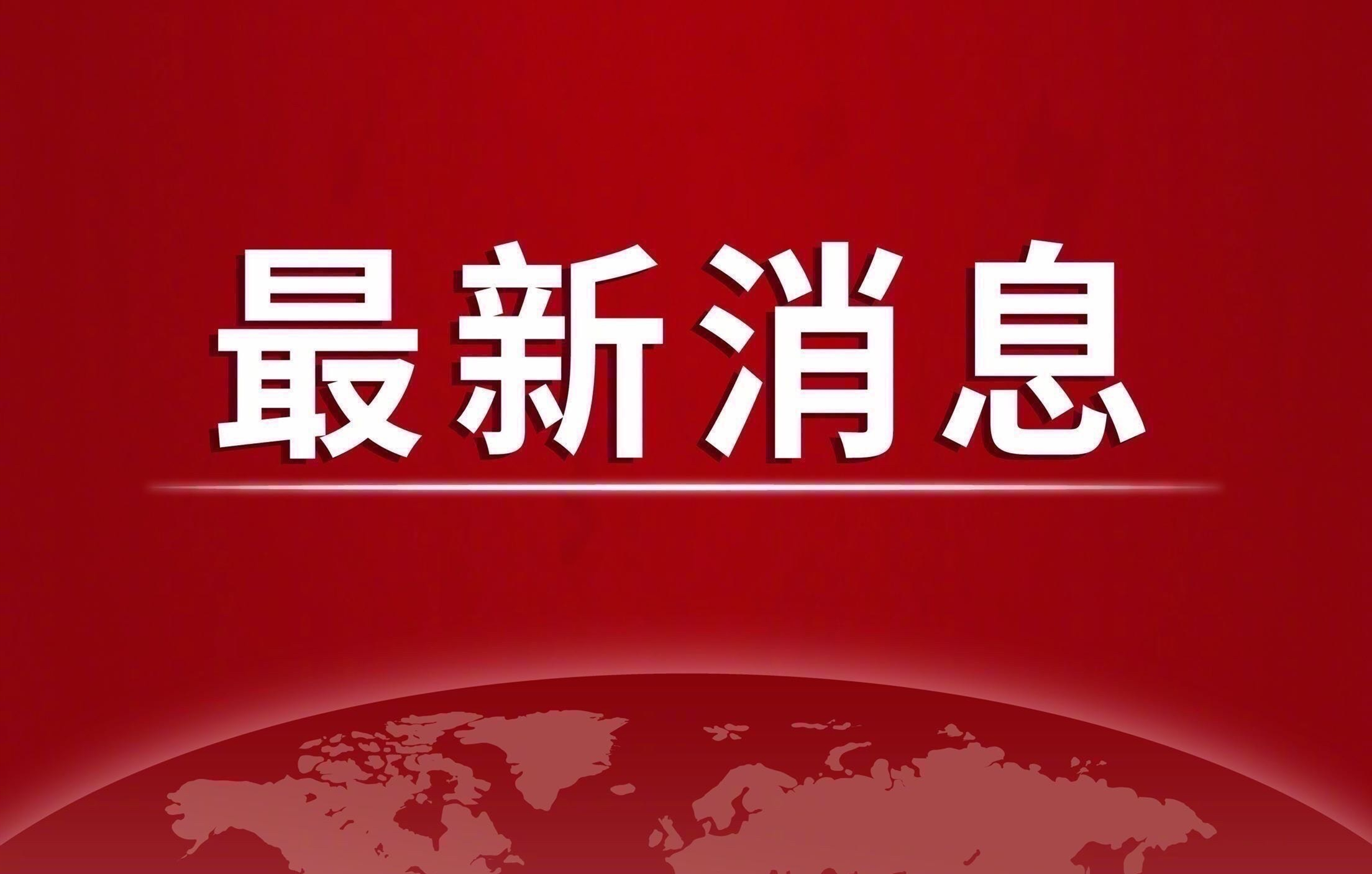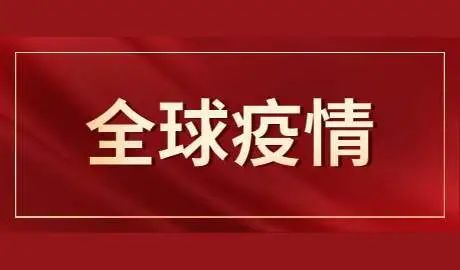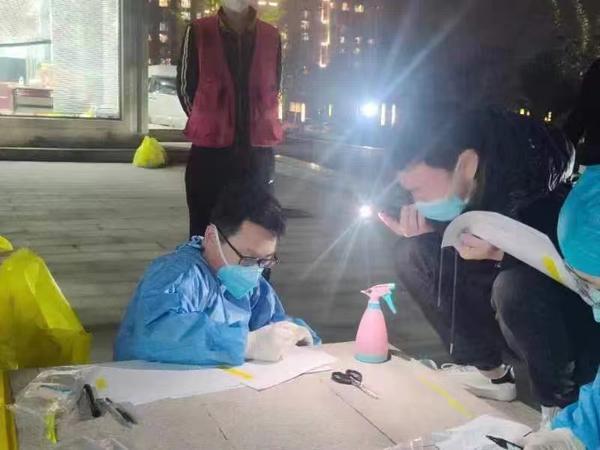Headline: "Global COVID-19 Update: Vaccine Rollout, Variant Surveillance, and the Pandemic's Impact on the World"
Introduction:
The ongoing COVID-19 pandemic continues to reshape our world, with daily updates on vaccine distribution, new variant discoveries, and the socio-economic impact becoming the norm in our news feeds. This edition of our COVID-19 update focuses on the latest developments in global vaccination efforts, the ongoing surveillance of virus variants, and the pandemic's lingering effects on economies, education, and daily life.
Vaccine Rollout: Progress but Challenges Ahead
Vaccine Administration Milestones: As of [insert current date], over [insert number] million people worldwide have received at least one dose of a COVID-19 vaccine, with [insert leading country/region] leading the charge by administering [insert number] doses per 100 inhabitants. The United States, China, the European Union, and India are among the top contributors to the global vaccination effort.
Vaccine Efficiency and Safety: Recent studies have confirmed the effectiveness of mRNA vaccines in preventing severe illness and death from COVID-19, with a high level of protection even against emerging variants. However, concerns over side effects, particularly among younger populations, have prompted some countries to adjust their vaccination strategies. The World Health Organization (WHO) continues to monitor vaccine safety globally and advises on their use.
Vaccine Inequity: Despite significant progress, there remains a stark disparity in vaccine access between high-income and low-income countries. The COVAX facility aims to ensure equitable distribution but faces challenges due to supply constraints and hesitancy in some regions. Calls for global solidarity and increased production capacity are louder than ever.
Variant Surveillance: New Threats on the Horizon
New Variant Discoveries: Scientists continue to monitor and identify new COVID-19 variants, with the B.1.1.529 (Omicron) variant recently declared a 'Variant of Concern' by the WHO due to its large number of mutations and potential for increased transmissibility and resistance to vaccines. Countries have since implemented travel restrictions and intensified testing protocols to slow its spread.
Genomic Sequencing: Enhanced genomic sequencing efforts are underway in several countries to track variant evolution and inform public health measures. The United States, France, and Germany are leading in this regard, with investments in sequencing infrastructure and sharing data with international partners. This collaboration is crucial for developing effective countermeasures against future variants.
Economic and Social Impact: The Long Road to Recovery
Economic Recovery: As vaccination rates rise and lockdown measures ease, economies around the world are gradually reopening. However, the pandemic's legacy of job losses, supply chain disruptions, and debt accumulation continues to weigh heavily on recovery efforts. The International Monetary Fund (IMF) projects a [insert projected]% global contraction in 2021 followed by a [insert projected]% recovery in 2022, highlighting the fragile nature of this recovery.
Education Disruptions: The pandemic has disrupted education systems worldwide, with remote learning becoming the norm for millions of students. While technology has played a crucial role in maintaining some form of learning continuity, the digital divide has widened, with rural and low-income students facing significant barriers to access. The long-term impact on education outcomes is a matter of grave concern for policymakers and educators alike.
Mental Health Crisis: The psychological toll of lockdowns, job losses, and social isolation has led to a mental health crisis that has often been overlooked amidst the pandemic's physical health concerns. Mental health services are being scaled up in many countries, but the demand far exceeds supply, underscoring the need for sustained investment in this area.
Conclusion: A Collective Effort for a Safer Future
The COVID-19 pandemic continues to test our resilience as a global community, presenting both opportunities for innovation and challenges that require collective action. The race for vaccination equity, the relentless pursuit of variant surveillance, and the struggle for economic and social recovery are intertwined and must be addressed simultaneously.
As we navigate this uncertain time, it is crucial to remember that every individual's actions contribute to the collective effort towards a safer future. Wearing masks, maintaining social distancing, getting vaccinated when available, and supporting those in need are simple yet powerful ways to combat this pandemic.
The global COVID-19 update will continue to provide timely information and insights to inform decision-making and foster a more informed public discourse. Together, we can overcome this challenge and emerge stronger from












 京ICP备11000001号
京ICP备11000001号
发表评论